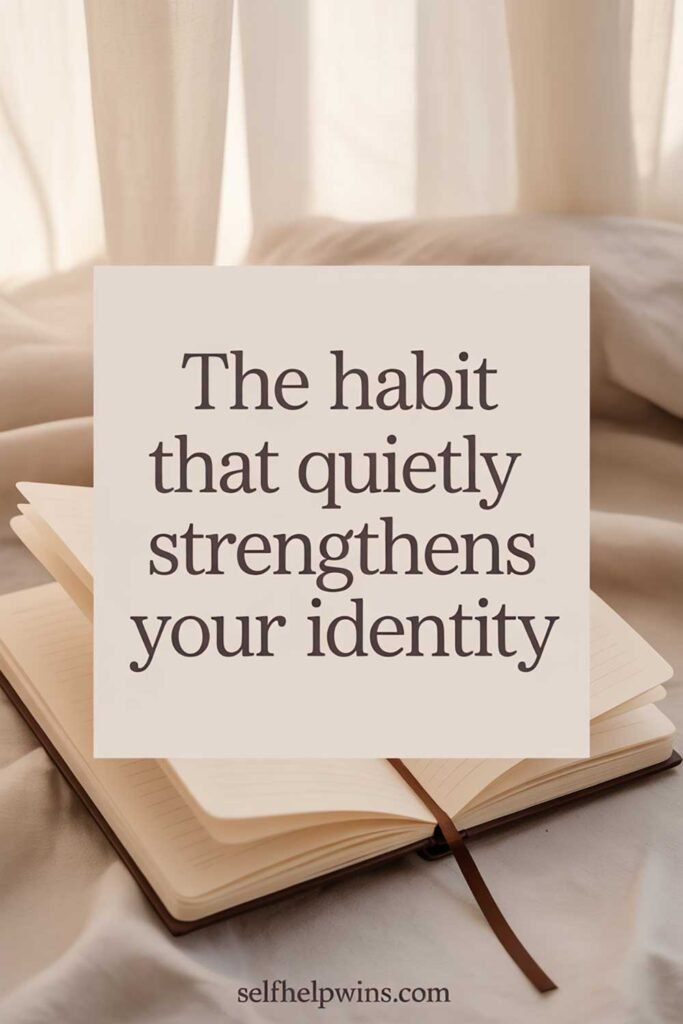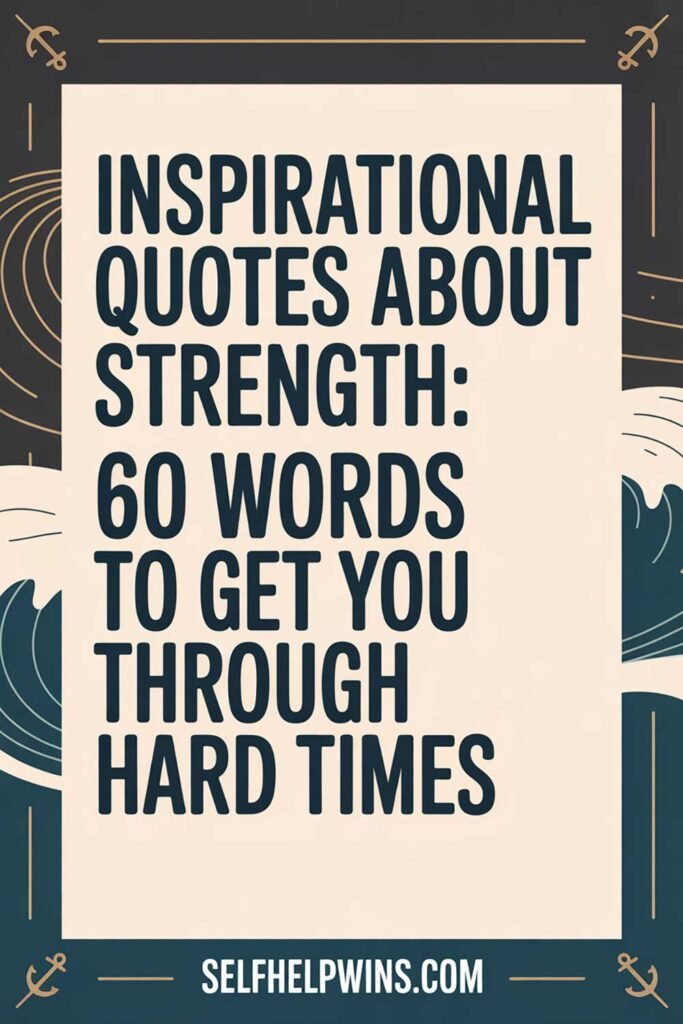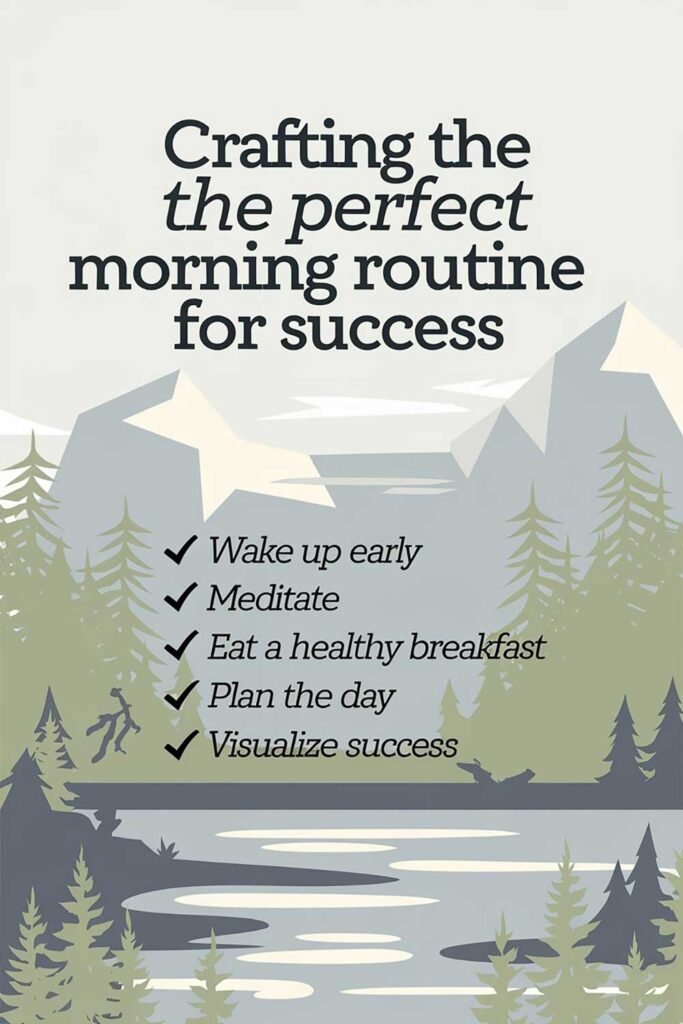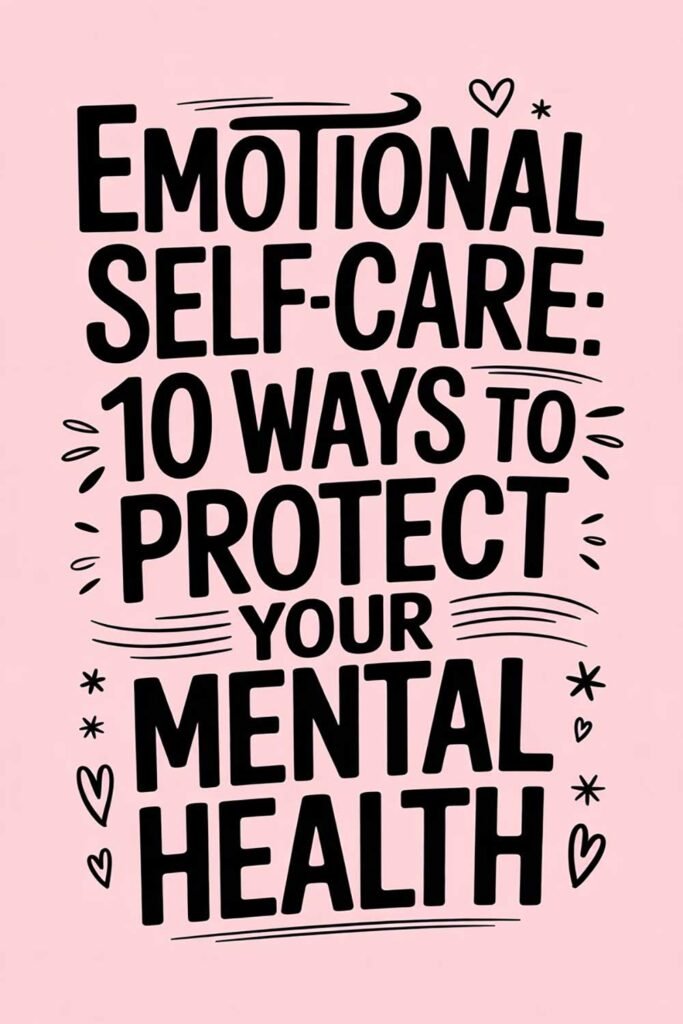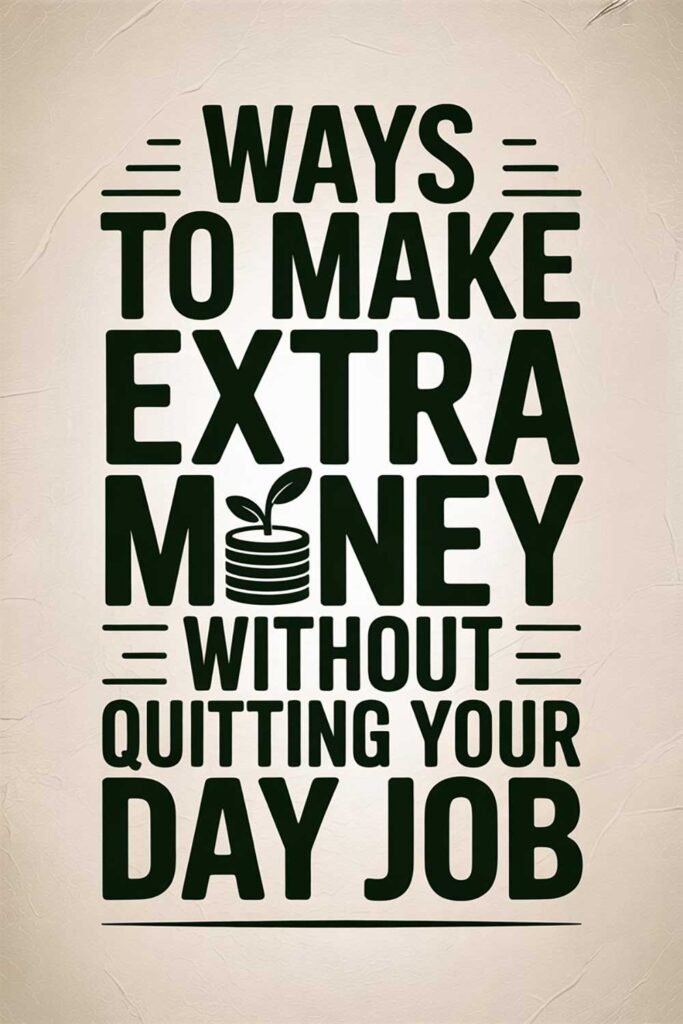How to Replace Bad Habits with Good Ones — Step-by-Step
Breaking bad habits can feel overwhelming, especially when they’re deeply ingrained in your daily life. But here’s the truth: no matter how long you’ve had a bad habit, it can be replaced with a positive one. You just need the right strategy, support, and mindset.
In this guide, we’ll walk through a step-by-step process to identify, dismantle, and transform your bad habits into good ones that support the life you truly want. With real-life examples, neuroscience-backed methods, and actionable steps, this article is designed to help you make changes that stick.

Step 1: Identify the Bad Habit
Before you can change anything, you need to name the habit you want to replace. Be specific.
Example: Instead of just saying “I want to stop procrastinating,” identify the behavior: “I check social media every time I feel overwhelmed with work.”
Action Tip: Write down your habit and when/why it usually happens. Clarity is key.
Step 2: Understand the Habit Loop
Every habit follows a loop:
- Cue — the trigger that sets it off
- Routine — the behavior itself
- Reward — the benefit your brain receives
Example: Lisa noticed she snacked late at night whenever she felt bored. The cue was boredom, the routine was snacking, and the reward was comfort.
Action Tip: Break down your habit into these three elements. Understand what you’re really getting from it.
Step 3: Choose a Replacement Behavior
You can’t just erase a bad habit — you need to replace it with a better one that gives a similar reward.
Example: Mark used to light a cigarette after stressful meetings. He replaced it with a short walk or deep breathing, which also gave him a sense of relief.
Action Tip: Pick a good habit that matches the reward of the bad one. Make it simple and satisfying.
Step 4: Make the New Habit Easy and Obvious
Your brain loves convenience. The easier the good habit, the more likely it is to stick.
Example: Carla wanted to stop skipping workouts. She laid out her gym clothes every night before bed. It removed friction and reminded her to move.
Action Tip: Use visual cues. Prep your environment to make the good habit the default choice.
Step 5: Change Your Identity First
People act in alignment with who they believe they are. Instead of focusing on what you want to do, focus on who you want to become.
Example: Instead of saying, “I’m trying to quit drinking soda,” Dylan started saying, “I’m the kind of person who drinks water for health.”
Action Tip: Write out your new identity and read it each morning. Align your actions with that belief.
Step 6: Track Your Progress
Measuring your progress keeps you accountable and shows momentum.
Example: Janet replaced nighttime TV with journaling. She used a habit tracker to color in each successful night. After 30 days, her mood and sleep improved.
Action Tip: Use a calendar, journal, or app to track daily wins. Don’t aim for perfection — aim for consistency.
Step 7: Anticipate and Plan for Obstacles
Bad habits often resurface when you’re tired, stressed, or triggered. Prepare in advance.
Example: Whenever Andrew felt the urge to gamble online, he called a friend instead. It became his emergency support plan.
Action Tip: Write a list of common triggers and a healthy alternative action for each.
Step 8: Celebrate Small Wins
Your brain responds to rewards. Acknowledging progress boosts motivation and reinforces the new habit.
Example: After seven days without fast food, Olivia treated herself to a movie night at home. It wasn’t food-related but still felt rewarding.
Action Tip: Set up mini rewards for your first 3, 7, 14, and 30-day streaks.
Step 9: Be Patient and Compassionate with Yourself
Changing habits takes time. Slip-ups are part of the journey, not signs of failure.
Example: Even after a few setbacks, Marcus reminded himself that consistency beats perfection. Over time, he built healthier routines.
Action Tip: Use affirmations like, “Every day is a fresh start” or “Progress, not perfection.”
20 Inspirational Quotes on Replacing Bad Habits with Good Ones
- “You’ll never change your life until you change something you do daily.” – John C. Maxwell
- “Bad habits are like a comfortable bed, easy to get into but hard to get out of.” – Unknown
- “Small habits make a big difference.” – James Clear
- “Replace fear-based habits with love-based habits.” – Gabby Bernstein
- “Out with the old, in with the intentional.” – Unknown
- “The secret to change is to focus all your energy not on fighting the old, but on building the new.” – Socrates
- “First forget inspiration. Habit is more dependable.” – Octavia Butler
- “Your habits are modern-day spells. Choose them wisely.” – Brianna Wiest
- “It’s easier to build new habits than to break old ones.” – BJ Fogg
- “Don’t let a stumble in the road be the end of your journey.” – Unknown
- “Your future is found in your daily routine.” – Mike Murdock
- “Old ways won’t open new doors.” – Unknown
- “Discipline is choosing between what you want now and what you want most.” – Abraham Lincoln
- “Habits are the compound interest of self-improvement.” – James Clear
- “To change your life, change your habits.” – Unknown
- “Transformation isn’t about doing more. It’s about doing different.” – Unknown
- “Habits define who you are, not the goals you set.” – Sean Covey
- “Every action you take is a vote for the person you wish to become.” – James Clear
- “Don’t break a bad habit. Replace it.” – Unknown
- “You are not your bad habits. You are the person who has the power to change them.” – Unknown
🌟 Picture This
Imagine waking up without the weight of regret. Your phone stays off, your journal is open, and your mind is calm. You sip your tea instead of rushing. You walk instead of scrolling. You speak kindly to yourself instead of criticizing. Day by day, your choices align with your future. That old habit? It no longer owns you. You’ve replaced it with something that builds you up, not tears you down. You feel in control, proud, and hopeful.
What habit could you change today that your future self would thank you for?
🙏 Please Share This Article
If this article helped you take the first step toward breaking a bad habit, please share it with someone who may be facing the same challenge. Change is easier when we’re in it together.
⚠️ Disclaimer
This article is based on personal experience and public research and is for informational purposes only. It is not psychological or medical advice. Please consult a licensed professional before making any health or mental health-related changes.

